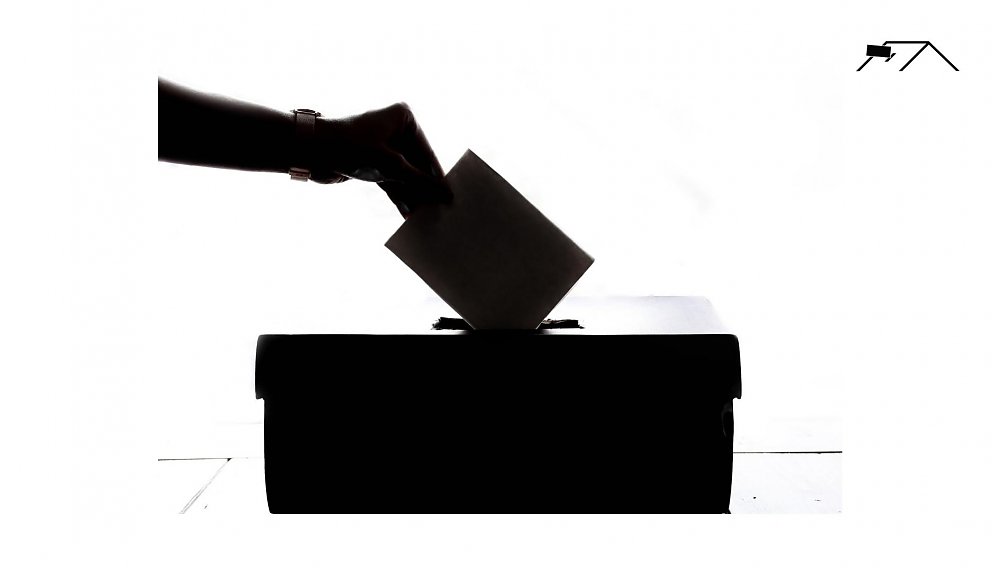In 2022, the independence of election organizers in the Philippines and Indonesia faces a trust challenge. People who are concerned about elections in these two countries, are concerned about the selection of the general election commission members. The process and results of the selection for Comelec members in the Philippines and the General Elections Commission (KPU) in Indonesia, extend the conversation about the independence of election organizers who are usually present at the change of members or change of government through elections.
"In general, when election organizers have low trust from the public, the independent election organizer model can handle it. This is especially the case in developing democratic countries, including the Philippines and Indonesia," said Program Manager of the International Institute for Democracy and Electoral Assistance (International IDEA), Adhy Aman (21/10).
In the Philippines, President Rodrigo Duterte with his prerogative, elected members of the Comelec to fill the three vacant seats of the EMB. One of the chosen ones was named George Erwin Garcia.
Garcia's name is disputed by the Philippines democracy activists. The reason, Garcia is a lawyer representing Ferdinand "Bongbong" Marcos Jr. in a protest against the 2016 vice presidential election. In the 2022 Philippine elections, one of the vice presidential candidates is Bongbong Marcos. Garcia's track record and the participation of Bongbong Marcos are considered by democracy activists to have reduced Comelec's independence.
In addition, President Duterte's authority to select Garcia has also reduced Comelec's independence because of the name Sara Duterte as a vice presidential candidate for the 2022 Philippine Election. Sara Duterte is the daughter of President Duterte. Comelec is considered to be biased towards defending and possibly even winning Bongbong Marcos-Sara Duterte, as the running mate of the Philippine government from 2022 to 2028.
In Indonesia, the selection of the KPU and the Election Supervisory Body (Bawaslu) members in 2022 is a moment that illustrates how legislative power can impose its tastes. The names of the selected members are the exact same names as the old information circulating before the fit and proper test began. The long process of stages, a lot of time, and an expensive budget from changing the members of the election organizers was in vain.
Law 7́́́́́́́́́́́́́́́́/2017 on Elections, appears to be poorly implemented. All the irregularities accumulate. Starting from the composition of Government representatives in the Selection Team that violated the law, many names of candidates who had great quality and experience did not pass, the evaluation of the Selection Team was closed, the interviews of the Selection Team were biased and tendentious, and the DPR selected without voting.
Independence Commission
The Philippines and Indonesia, have similarities in the legal framework and form of the EMB. These two countries, expressly and clearly guarantee the existence of an election commission in their highest law, the constitution. The guarantee is complete with the adjective “independent” or “autonomous”.
The Philippines places the Commission on Elections (Comelec) in Article IX 1987 Constitution. Comelec is guaranteed to be independent in the Philippine constitution as the Constitutional Commissions. Comelec is strong on par with other constitutional commissions along with other independent institutions, namely, the Civil Service Commission and the Commission on Audit.
In Indonesia, the existence of the KPU is guaranteed in Article 22E paragraph (5) of the 1945 Constitution of the Republic of Indonesia. In contrast to the Philippine constitution which is written more firmly in capital letters (Commission on Elections), the election commission in Indonesia is written with the editorial "general election commission". The independent nature of the EMB is also guaranteed by the adjective “independent” along with other adjectives, “national” and “permanent”.
Based on comparative studies in many countries, the International Institute for Democracy and Electoral Assistance (International IDEA) concludes that EMBs with the functions of supervising, administering and organizing free and fair elections will foster confidence in the electoral process and outcome and increase prospects for democratic consolidation. Although it does not require that election administrators be written down in the constitution of a country, this international electoral research institute explains that the guarantee of the EMB at the legal framework at the constitutional level makes the nature of professional independence and integrity able to better guarantee trust in the election process and results (Dunne, 2012).
Models of Election Management Body
International IDEA also divides three models of EMBs. First, the Independent Model. Second, Governmental Model. Third, Mixed Model (Catt, 2014).
Independent Model means having a number of aspects of independence. The independence that International IDEA emphasizes includes the authority to make regulations, the composition of membership not from government elements (triaspolitika), a definite term of office for the organizers, and budgeting that guarantees the election cycle.
Then what is the meaning of Governmental Model and Mixed Model? The brief explanation is: the more these aspects are intervened by the government (triaspolitika), the more the model of the EMB becomes the Governmental Model. Then, the more these aspects are mixed, which ones are intervened by the government, and which aspects are independent (non-governmental), then this will become a Mixed Model.
Based on the concept and model distribution of the EMB, we can assess the relevance of the position of the Philippine and Indonesian election commissions in terms of selecting their members. The members of the Philippines’ Comelec are elected by the president as a form of executive power. Then the members of the Indonesia’s KPU are elected by the DPR as a form of legislative power. In this aspect of the election mechanism, is it appropriate for the Philippines’ Comelec and Indonesia’s KPU to be included in the Independent Model?
Activist from Network for Democracy and Electoral Integrity (Netgrit), Hadar Nafis Gumay said, the Philippines’ Comelec and Indonesia’s KPU, from all aspects, in general, indeed enter the Independent Model. However, the election management institutions in these two countries are not independent in the aspect of the mechanism for selecting members.
In order for the Philippines’ Comelec and Indonesia’s KPU to become fully independent election management institutions, there are a number of legal provisions that need to be changed. Among them is in the aspect of the selection mechanism. Don't let the triaspolitics part interfere in determining the membership selection for the Philippines’ Comelec and the Indonesia’s KPU. []
USEP HASAN SADIKIN
Researcher of Perkumpulan untuk Pemilu dan Demokrasi (Perludem)











